 According to figures released by Israel’s Central Bureau of Statistics, the economic situation in the chareidi community is generally worse than that of a non-chareidi family.
According to figures released by Israel’s Central Bureau of Statistics, the economic situation in the chareidi community is generally worse than that of a non-chareidi family.
The figures are based on 14 major cities in 2008, stating the lower per-person income exists in Bnei Brak, NIS 2,224. In Tel Aviv for example, the highest per-person income, lists at NIS 6,111. The housing conditions are the most difficult in Jerusalem, Bnei Brak and Ashdod, averaging over 1 person per room, with the Bnei Brak average listed as 4.4 persons per room. Ramat Gan, the lowest, is 2.2 people per room.
According to the report appearing in the daily HaMevaser, 19% of monthly spending in Bnei Brak is for food, 27.2% on living (apt), 4.5% for health and 15% for transportation. Monthly apt. expenses in Bnei are reportedly the highest in Israel, 11.3%, in no small part due to monthly water costs.
The CBS study also shows different priorities between frum and secular families, with 34.4% of Bnei Brak families owning a deep freezer, as opposed to 8% of families in Tel Aviv. In Beersheva, 20.2% of families do not have a clothes dryer, the highest in the nation, as compared to Bnei Brak, where 45.7% of homes have a dryer.
In Bnei Brak, the number of PCs is low, 12%, as opposed to over 50% in Tel Aviv and Ramat Gan. Rishon L’Tzion leads in the number of homes with at least one vehicle, 76.2%, as compared to Bnei Brak, with 26.3%.
(Yechiel Spira – YWN Israel)


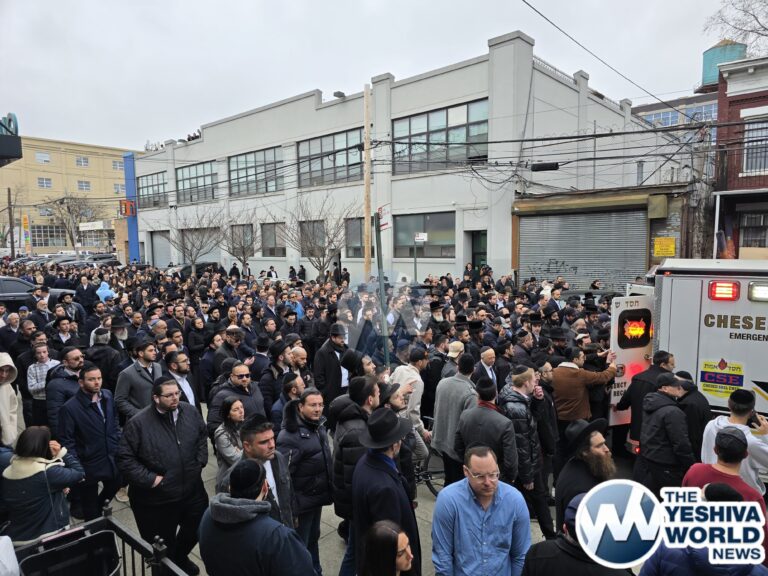

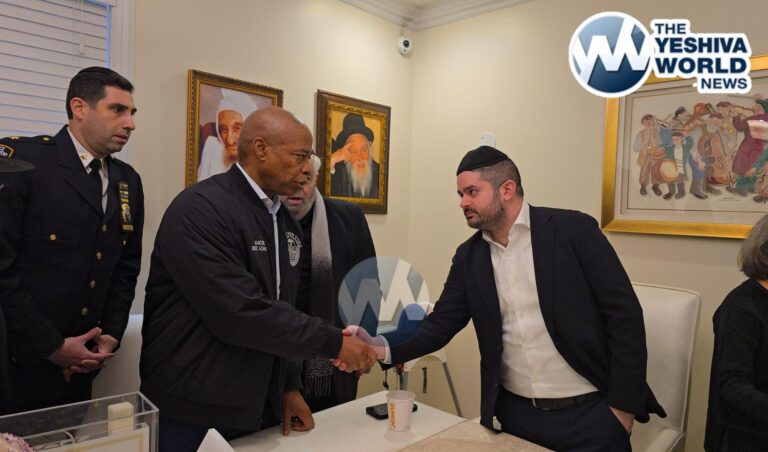
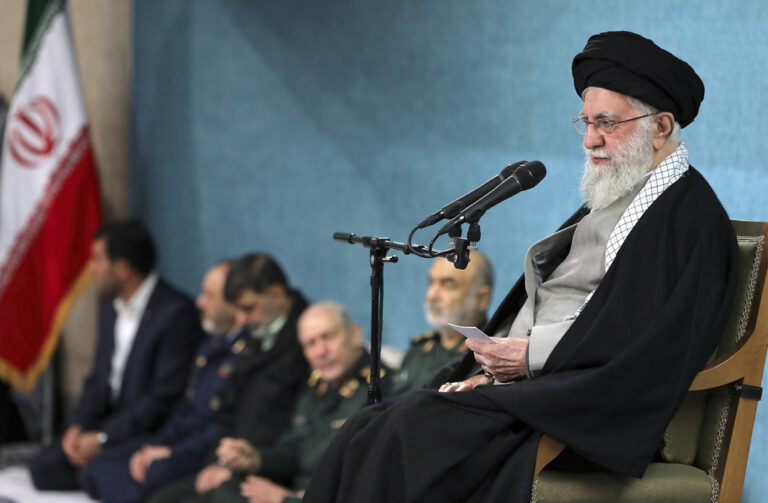
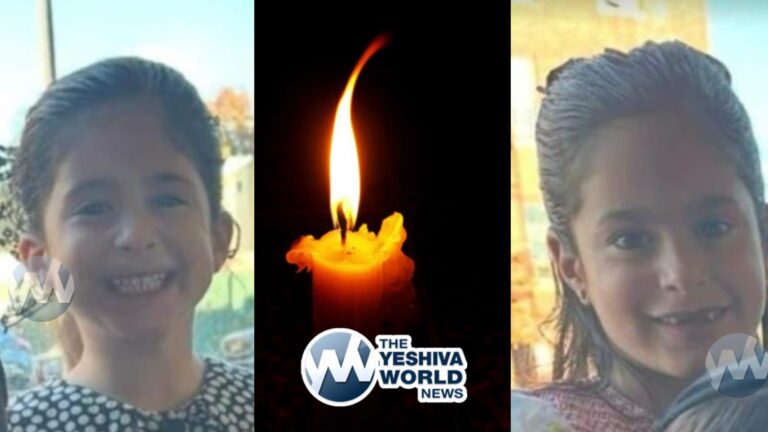
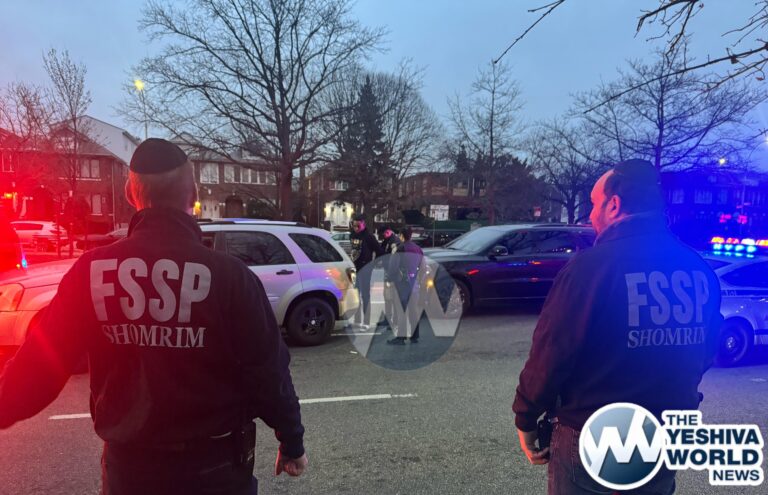

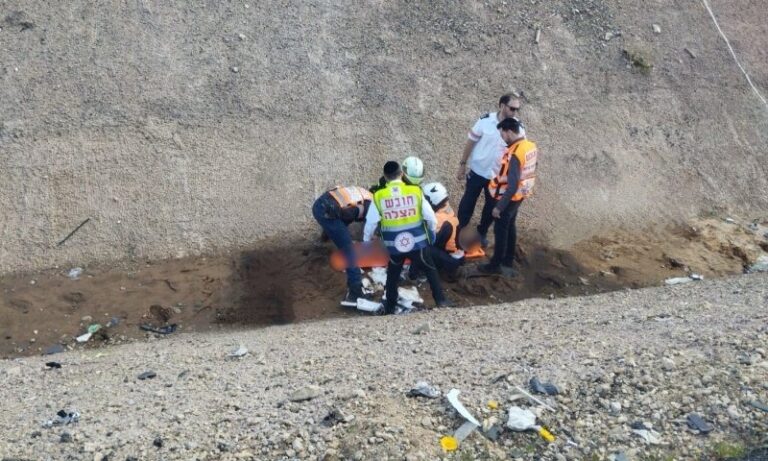

3 Responses
“In Beersheva, 20.2% of families do not have a clothes dryer, the highest in the nation, as compared to Bnei Brak, where 45.7% of homes have a dryer
This would mean that 79.8% of families in BeerSheva have a clothes dryer!”
This is a davar pashut. THe chareidim have triple the amount of kids as chilonim, and aren’t competing for the high paying jobs like ceo’s and stuff. This isnt a negative thing, they believe that this is being considered moiser nefesh for torah, while at the smae time many of them have to be supported by others (inlaws, parents, tomchei shabbos,etc)which at times can be enbarassing, and a difficult matzav. It troubles me that yesterday the cheapest esrog I found in a store in Geula was 400 shekel + 220 shekel for a lulav deri, and many people are enticed to spend their savings on that, while thay need extra support to put food on the table. When will the rabbonim fix prices for this mitzva (150 shekel for an alef, 75 shekel for a bais, etc)to help alleviate the financial crisis????
Why is all this called “harsh?” It would seem that different would be the better description. Torah Jews live a different life and therefore have different priorities than others. This does not make our lives harsh, just different. That is not to say that there are no Torah Jews living under difficult or even harsh conditions but not because we have more people per room or fewer computers per person.